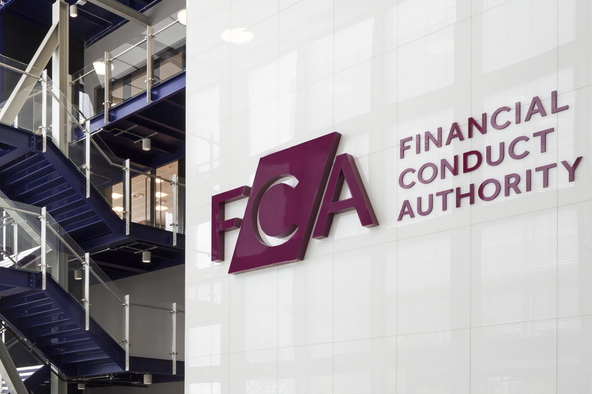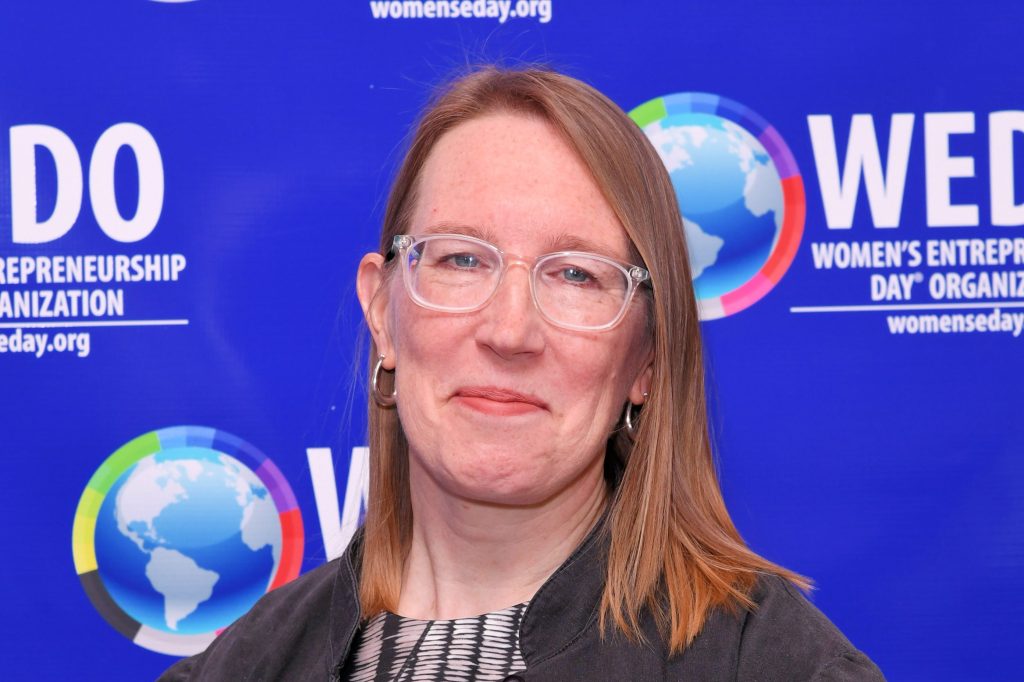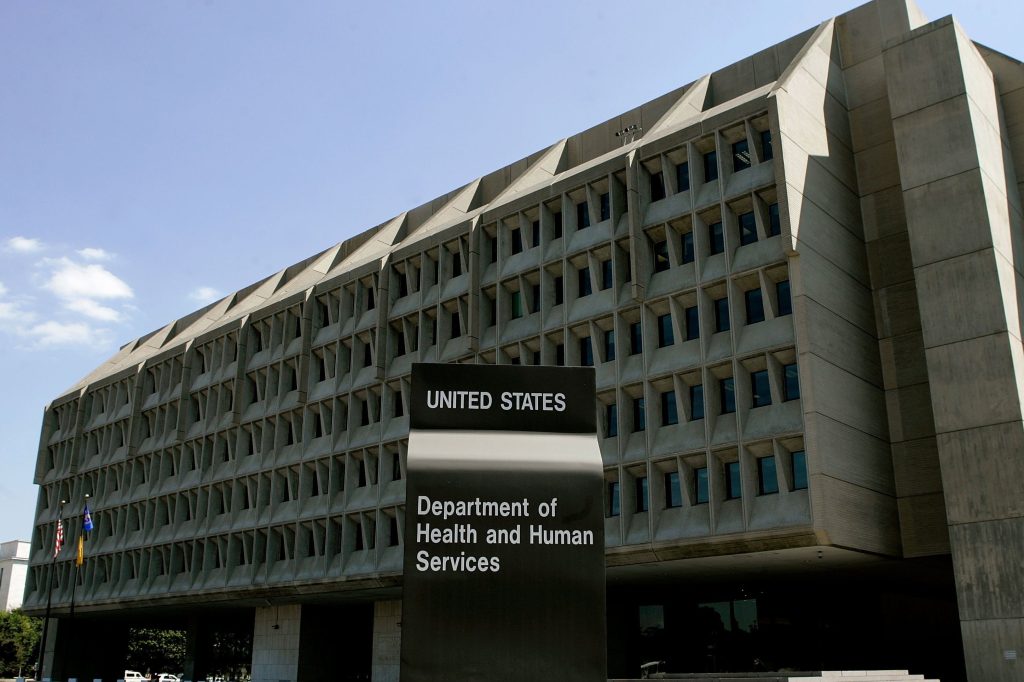A suit, filed by New York’s Attorney General, alleges that Mashinsky misled investors about how successful and safe Celsius was.
Mashinsky also allegedly misrepresented how profits were generated by Celsius, including concealing the level of risk being taken in order to generate profits.
Despite his claims to the contrary “Celsius routinely exposed investors’ assets to high-risk counterparties and strategies”. Celsius invested $935 million in various Terra Strategies and another $1 billion in Alameda Research and also counted CEL, its own proprietary token as an asset. It was the collapse of Luna and Terra that was the trigger for the liquidity crisis at Celsius as investors rapidly withdrew their money despite Mashinsky’s continuing assurances that Celsius was not exposed to these cryptocurrencies.
The suit details the events leading up to the suspension of withdrawals and the filing for bankruptcy. It contends that as losses mounted Mashinsky made ever more concerted efforts to encourage investors to deposit money with Celsius in order to prop up the struggling firm. He continued to conceal the truth from investors up until the day before investor withdrawals were paused because the platform’s liabilities outweighed its assets by more than $3 billion.
In addition to fraud Mashinsky has also been charged with breaches of various rules and regulations applying to a business engaged in the securities trade, including “registering as a securities dealer and salesperson and as a commodities broker-dealer and commodities salesperson”.
An interesting revelation is the fact that regulatory scrutiny of Celsius started back in 2021 with ongoing investigations, including those resulting in cease and desist orders, by multiple regulators. It seems that because these were state level regulatory interventions, despite being reported widely, they were not a deterrent to investors and potential investors who continued to deposit money with Celsius.
The fraud suit is likely to be closely watched by Celsius investors who had deposited money into Celsius Earn accounts. These customers, according to another ruling handed down by the New York Bankruptcy Court on Wednesday, will be treated as unsecured creditors in the bankruptcy proceedings.
As unsecured creditors these investors will be last in line for repayment and so are less likely to recoup their losses (though the ruling is careful to say that the finding “does not mean [they] will get nothing”). The amounts due to unsecured creditors will be determined later and may potentially include damages for breach of contract and, of significance here, for fraud.

















